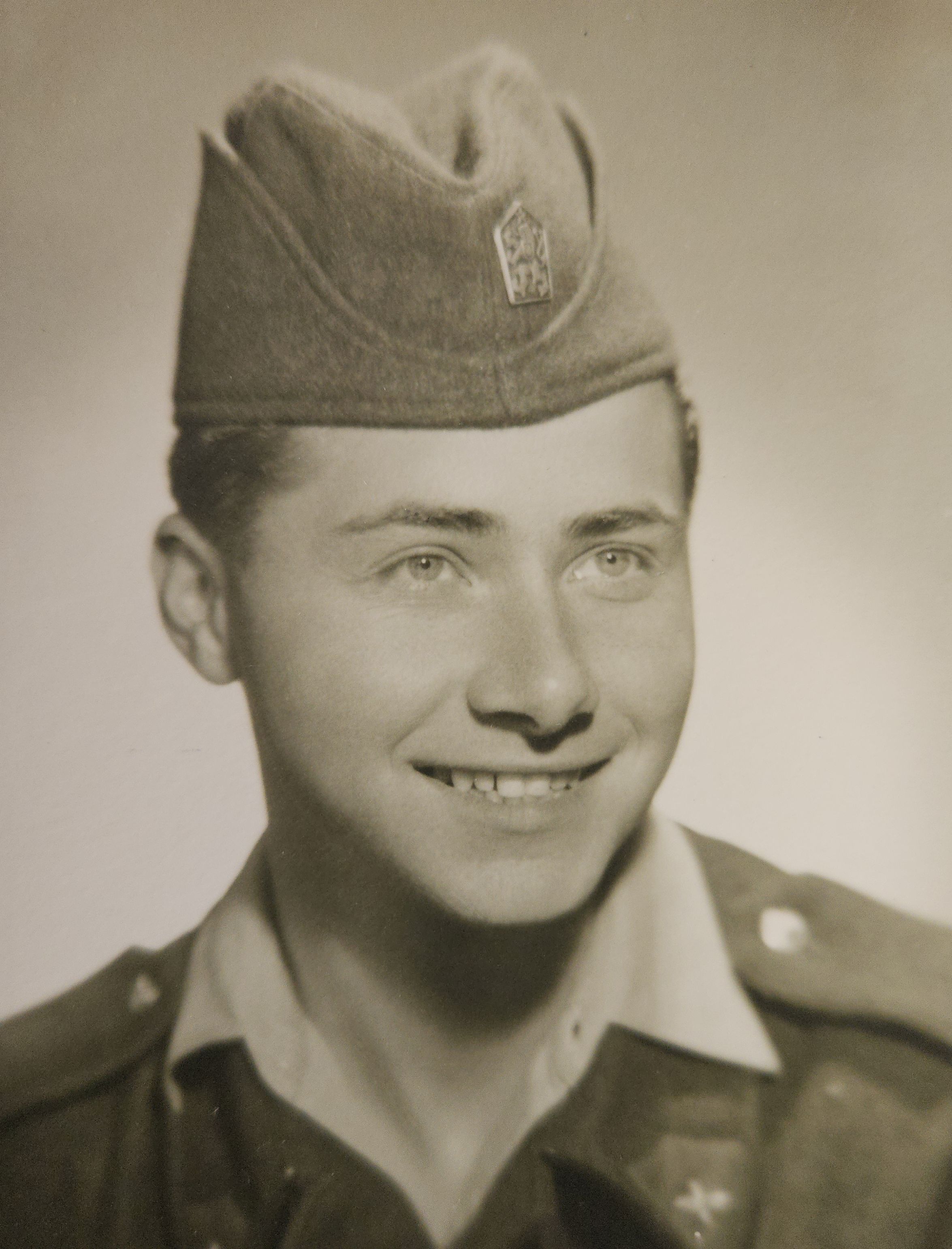The cold front must not have come from the east

Download image
Karel Krška was born on 27 November 1938 in Brno. His father, Karel Krška Sr., was a lawyer, worked in the civil service and joined the anti-fascist resistance during the war. Due to his parents’ unfavourable personnel assessment, Karel Krška Jr. could not study in Brno and had to commute to high school in Mikulov. After graduating, he went on to study teacher biology and geography and professional physical geography at the J. E. Purkyně University in Brno, where he subsequently taught for ten years. From 1962 he was a member of the Communist Party of Czechoslovakia, and in 1968 he supported the Prague Spring reforms. In 1970 he was expelled from the Communist Party of Czechoslovakia and three years later he was banned from teaching and publishing at the faculty. After another three years he was forced to leave the school altogether. He found refuge in 1976 at the Slovak Hydrometeorological Institute in Bratislava, where he worked as a meteorologist. After the Velvet Revolution, he became director of the branch of the Czech Hydrometeorological Institute in Brno. Since 1993 he has been teaching aeronautical meteorology at the Faculty of Mechanical Engineering of Brno University of Technology. Karel Krška is the author and co-author of several key scientific publications, such as the History of Meteorology in the Czech Lands and Slovakia and the Meteorological Dictionary of Interpretation and Terminology. He is also known in professional circles for his popularization and reviewing activities. Karel Krška lived in Brno in 2024.









